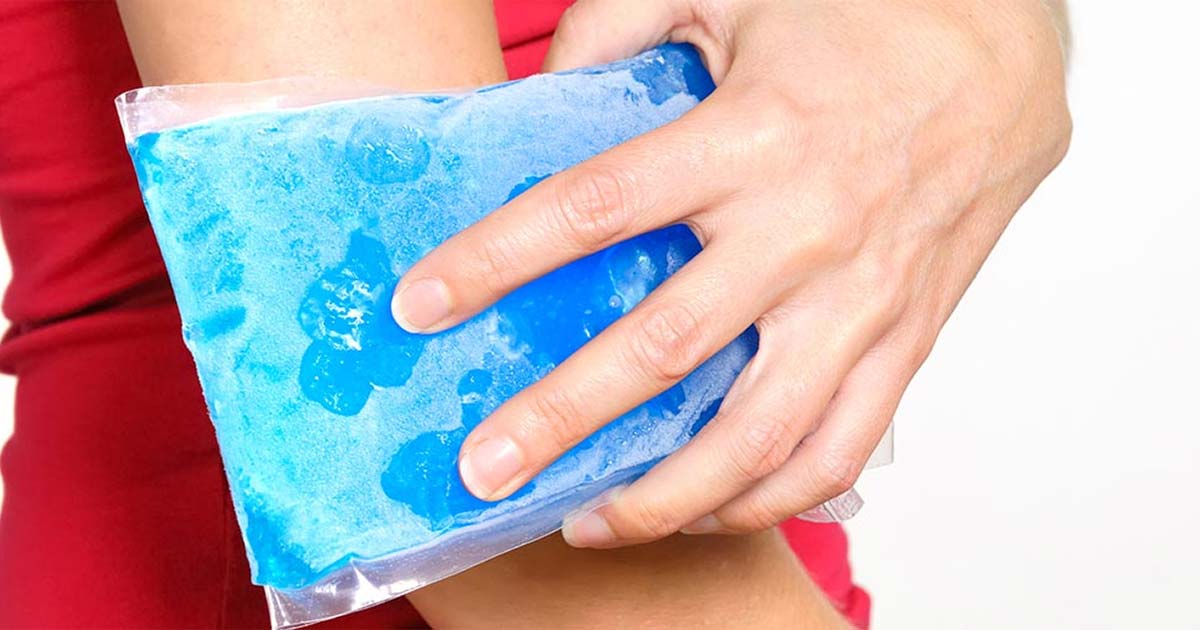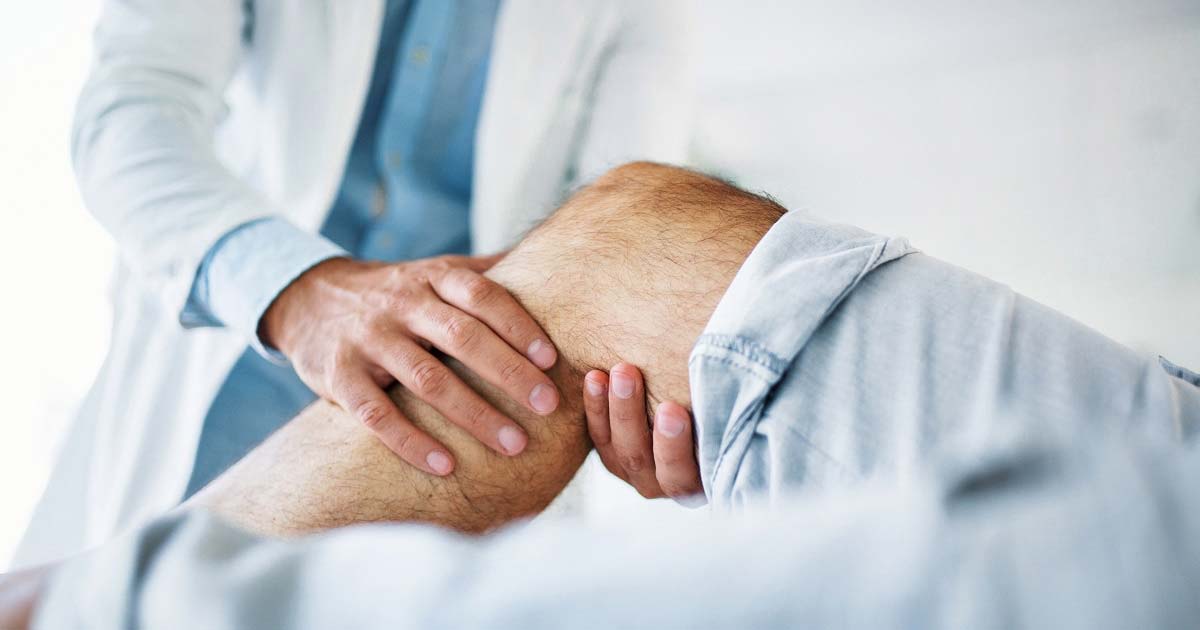
Advice to improve your movement, fitness, and overall health from the #1 in orthopedics in the U.S.
When to See a Doctor for Knee Pain
Find out more about how to know when it’s time to seek medical advice for knee pain.
Advice to improve your movement, fitness, and overall health from the #1 in orthopedics in the U.S.

Causes of knee pain
One of the main causes of knee pain is overuse. “One of the more common knee pains that we'll see is called patellofemoral pain, which is related to repetitive use,” says Nicholas Sgrignoli, MD, a sports medicine physician at HSS. This type of pain originates underneath the kneecap and is common in someone who’s doing a lot of running, jumping, squatting, lunging or kneeling. These kinds of activities put stress on the patellofemoral joint.
Another common cause of knee pain is osteoarthritis, which can cause stiffness, swelling and pain in the knee joint and is most common as a person ages. This type of knee pain progresses slowly and is more persistent than the acute pain caused by repetitive motions or activities.
The meniscus, one of which sits on the inside and one on the outside of the knee, is a common area of injury, says Dr. Sgrignoli. “The knee is a hinged joint, and the muscles around the knee help to flex and extend it. The meniscus contributes to the stability of the knee using its wedge shape to prevent shifting and disburse forces more evenly across the joint. Meniscus tears often happen when the knee is twisted forcefully.”
Home remedies for knee pain
There are many remedies you can try at home if you are suffering from knee pain. For cases of acute knee pain, ice works best, Dr. Sgrignoli says. He recommends icing for 10 to 15 minutes, every couple hours as needed. Keeping your knee elevated and using a compression wrap can help minimize swelling after an acute injury. Taking over-the-counter pain medication such as Motrin or Tylenol can also help manage pain. There are also topical medications such as Icy Hot and Salonpas that can help.
For chronic, aching joints, heat usually does a better job at minimizing discomfort. Dr. Sgrignoli recommends using a heating pad for 15 to 20 minutes, every few hours. Techniques like those used for acute injuries, such as compression wraps, oral pain relievers, and topical medications, can also help manage chronic knee pain.
Having overall good health by eating a healthy diet, exercising and getting a good night’s sleep can also help manage and prevent knee pain. For people with osteoarthritis, eating an anti-inflammatory diet can be helpful, as the condition may cause inflammation in the joints. This involves eating lots of fruits, vegetables and whole grains and limiting sugar intake and processed foods.
When to call your doctor about knee pain
When home remedies and over-the-counter medications just aren’t working, or your pain is getting worse, it’s time to call your doctor. “You should see a doctor if you're having persistent knee pain that's affecting your function or your ability to exercise, or if you're unable to manage the pain,” explains Dr. Sgrignoli.
Another time you’d want to call your doctor is in a case of acute injury. Signs of this would be if your knee is swelling, buckling, collapsing or you’re not able to bear weight on your knee. In this case, your doctor will want to further assess your knee injury and discuss treatment options and pain control.
If you’re unsure about what to do for your knee pain, calling your doctor can never hurt. If your knee pain is getting progressively better with home remedies, that’s a good sign that your knee is healing. But if the pain progressively gets worse, seeking further attention is important.
Published 1/22/2024


